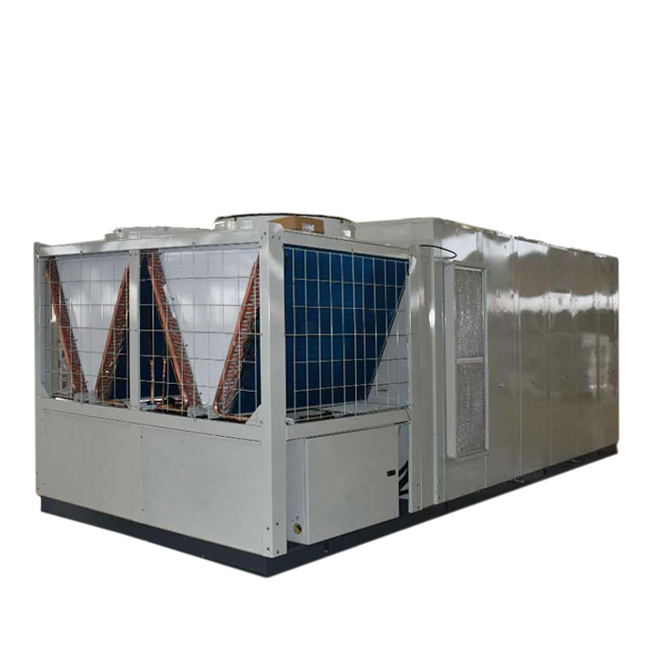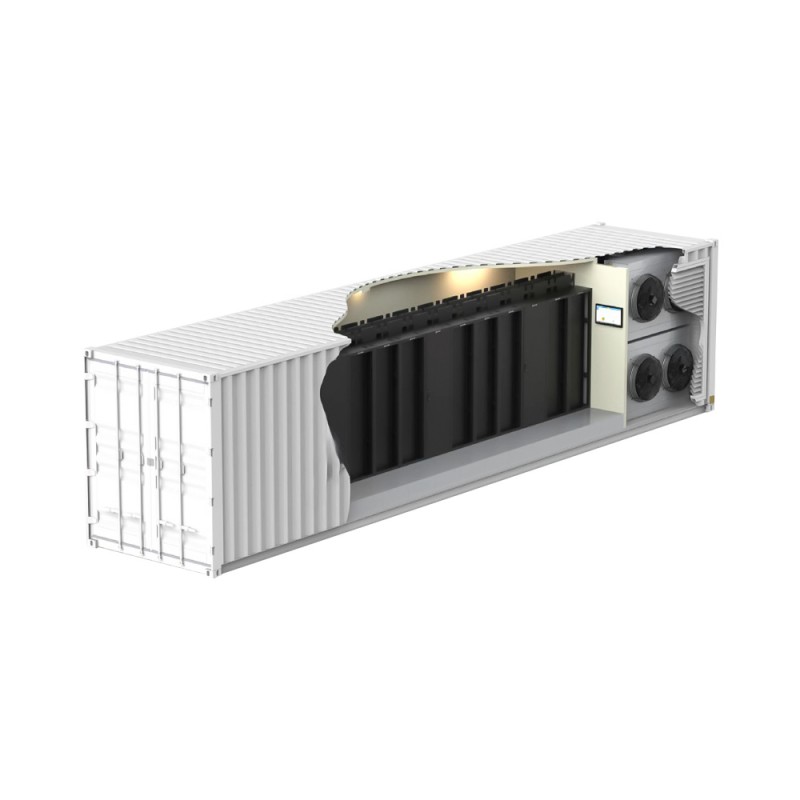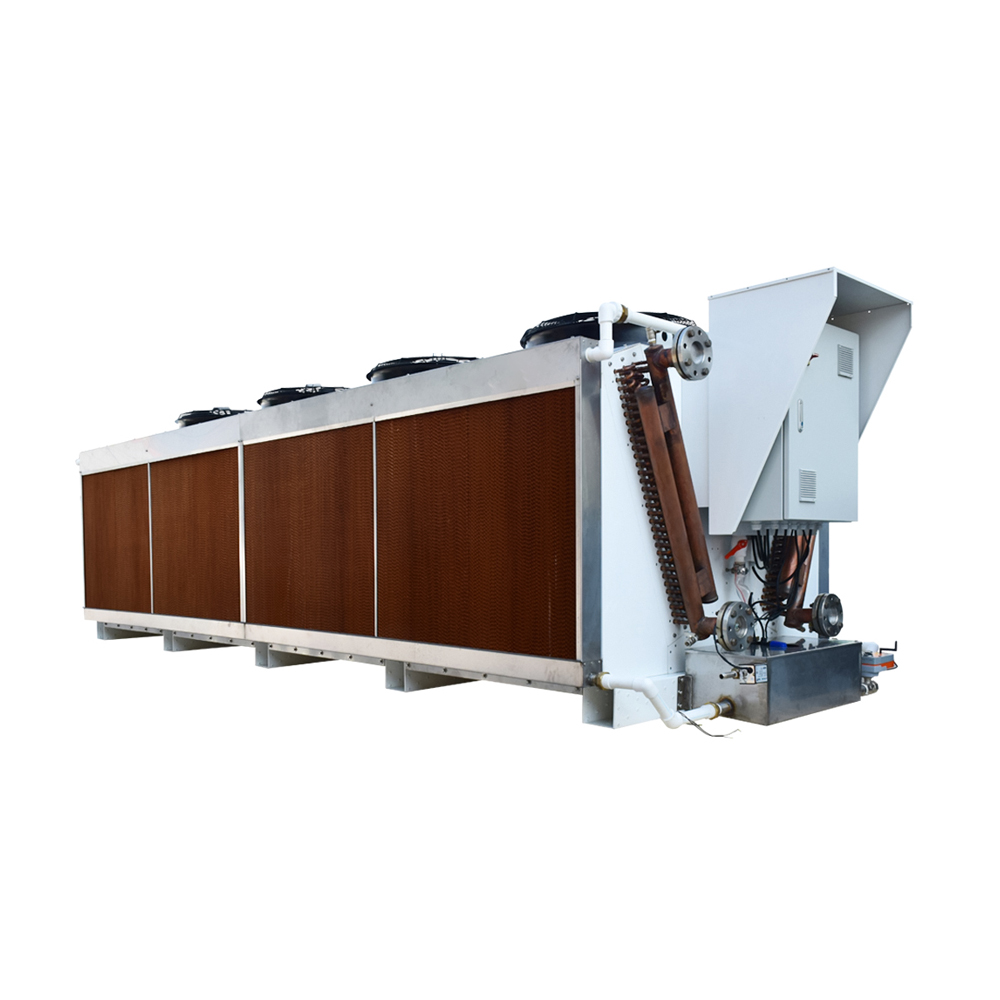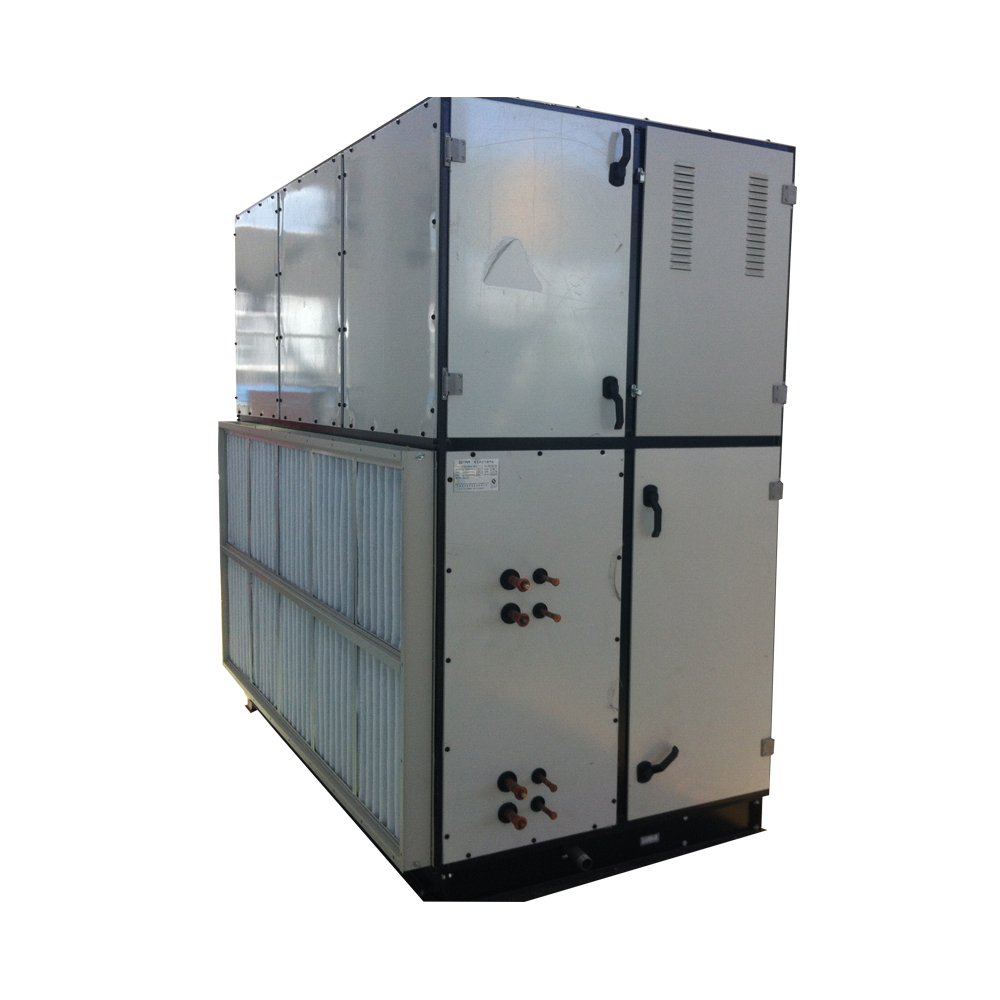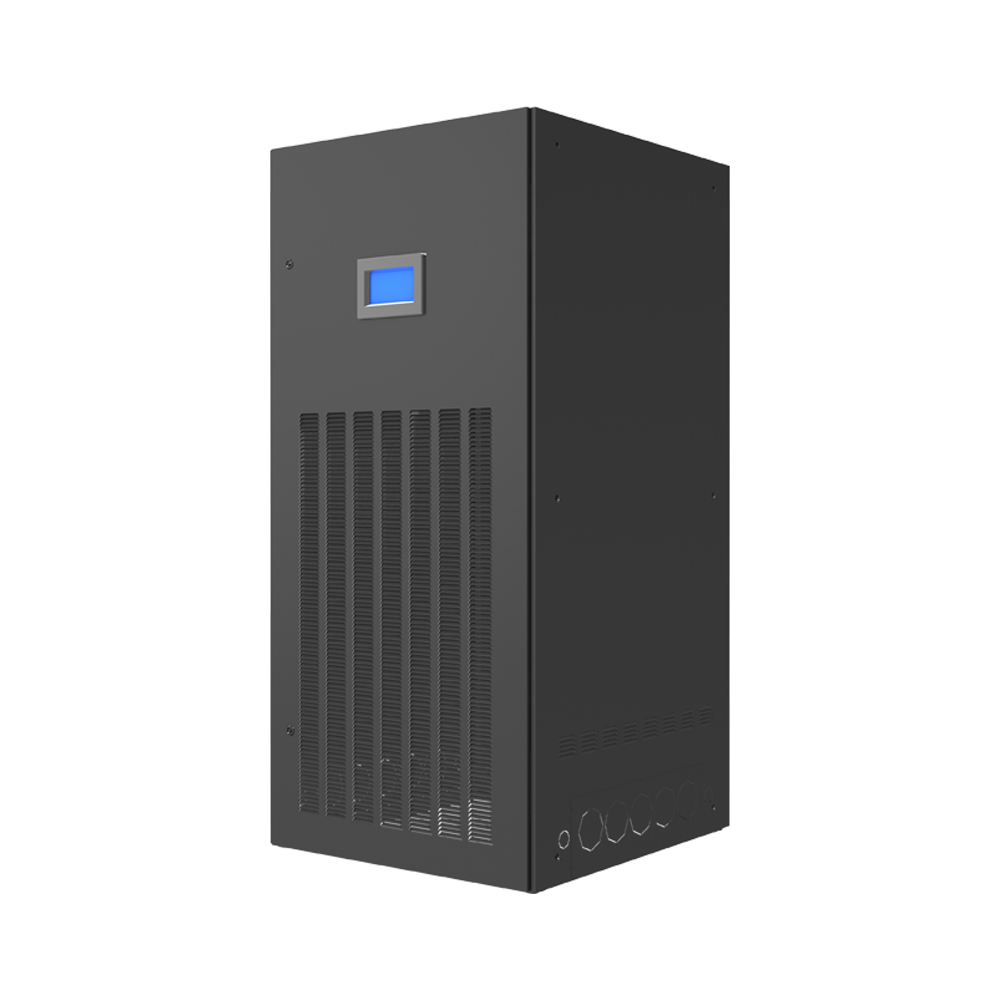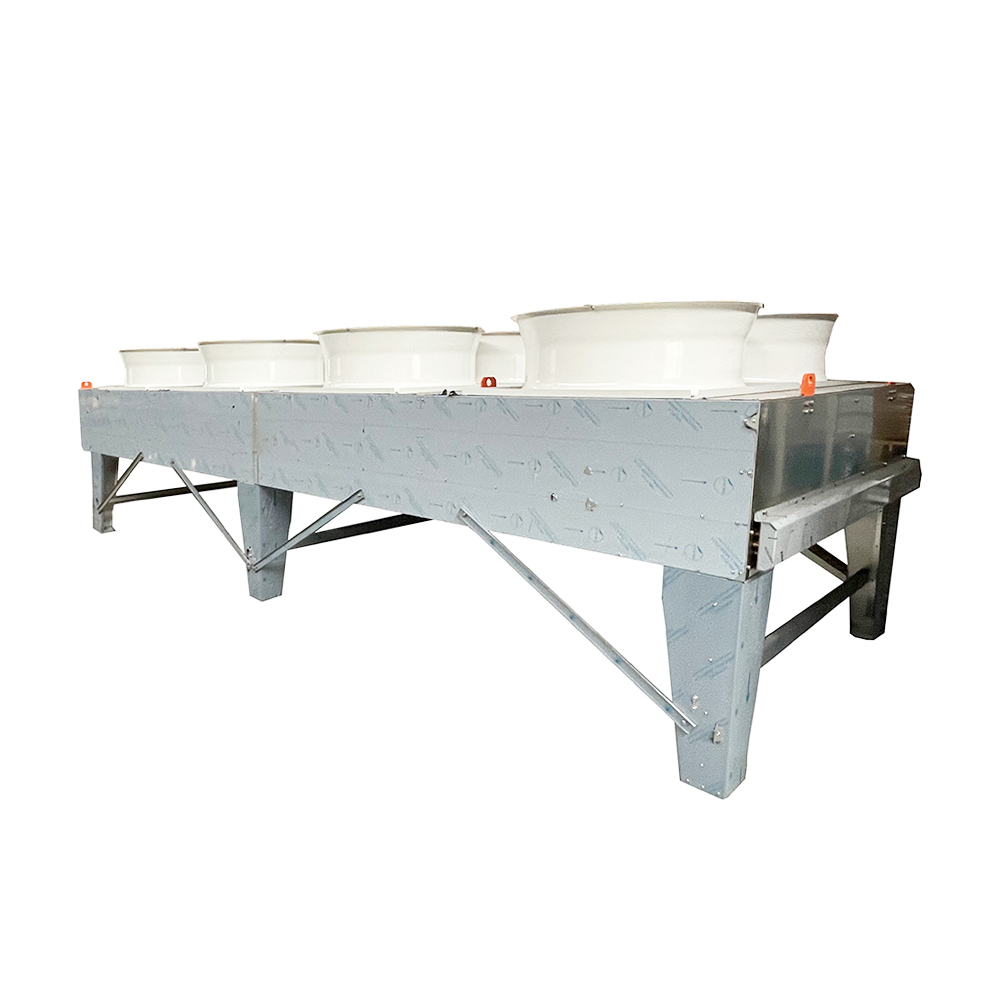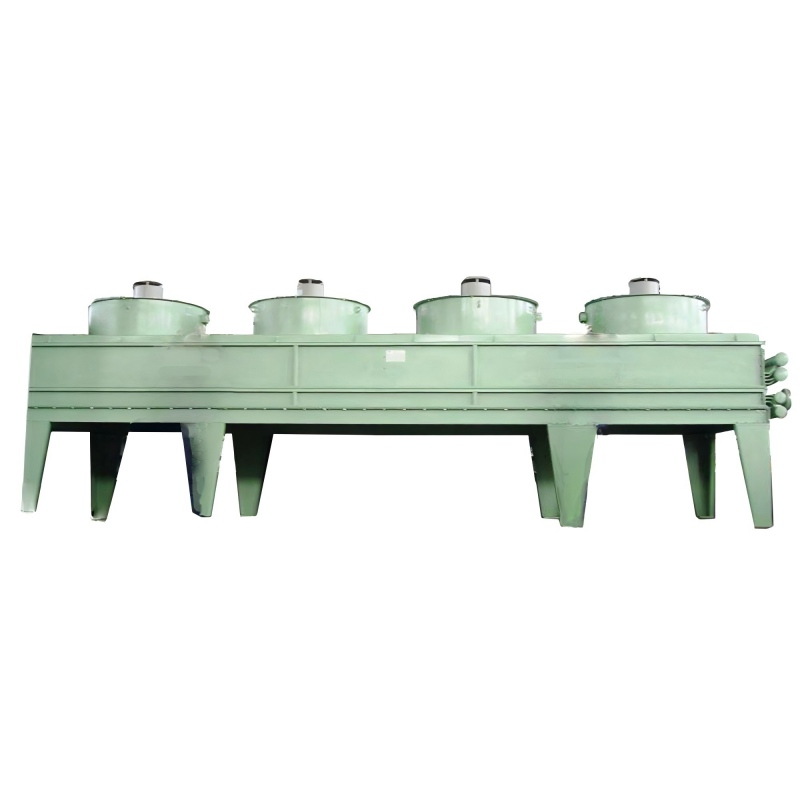Maintaining precise temperature and humidity control is critical in many applications, from data centers to laboratories and cleanrooms. This is where a precision ac unit becomes indispensable. Unlike standard air conditioning systems, precision units offer tighter tolerances and enhanced control, ensuring optimal environmental conditions for sensitive equipment and processes. This guide will delve into the specifics of precision ac units, helping you understand their functionalities and how to select the right system for your specific requirements.
Understanding Precision AC Unit Technology
Types of Precision AC Units
Several types of precision ac units exist, each designed for specific applications and cooling needs. Common types include:
- Computer room air conditioners (CRACs): Designed for data centers and server rooms, CRACs provide precise temperature control in large spaces.
- Computer room air handlers (CRAHs): Similar to CRACs, but often more flexible in terms of placement and configuration.
- Close-coupled units: Compact and efficient units ideal for smaller spaces with limited floor space.
- Modular units: Offer scalability and flexibility, allowing for easy expansion as your needs grow. These are particularly useful for larger facilities.
Cooling Methods
Precision ac units employ various cooling methods, including:
- Air-cooled: These units use ambient air to dissipate heat, making them a cost-effective option in many situations.
- Water-cooled: These offer higher efficiency and are often preferred for larger installations or locations with limited airflow.
The choice between air-cooled and water-cooled systems depends heavily on factors like ambient temperature, available water resources, and overall energy efficiency goals.
Key Factors to Consider When Choosing a Precision AC Unit
Capacity and Cooling Requirements
Determining the right cooling capacity is crucial. This involves assessing the heat load of the space, factoring in the number of servers, equipment, and personnel. Underestimating the capacity can lead to overheating and equipment failure, while overestimating can result in unnecessary energy consumption and higher costs. Consider consulting with a qualified HVAC professional to accurately assess your cooling requirements.
Temperature and Humidity Control
Precision ac units are known for their tight temperature and humidity control. Specify the required temperature and humidity ranges to ensure compatibility with your specific application. The precision of the control is often expressed in terms of temperature and humidity tolerances, which should be considered carefully.
Energy Efficiency
Energy efficiency is a key consideration, especially in the long run. Look for units with high Energy Efficiency Ratio (EER) or Seasonal Energy Efficiency Ratio (SEER) ratings. These ratings indicate how efficiently the unit converts energy into cooling. Investing in a more energy-efficient unit can lead to significant cost savings over its lifespan.
Maintenance and Serviceability
Regular maintenance is vital for the longevity and optimal performance of any precision ac unit. Choose a system that is easily accessible for maintenance and cleaning. Consider features like easily replaceable filters and readily available service parts.
Choosing the Right Precision AC Unit for Your Needs
Selecting the appropriate precision ac unit requires careful consideration of several factors. It's strongly recommended to consult with experienced HVAC professionals to ensure you choose a system that meets your specific requirements and budget. They can assess your cooling load, analyze your environmental conditions, and help you choose a system with the right capacity, cooling method, and features. For high-quality, reliable precision air conditioning solutions, consider exploring the options available at Shanghai SHENGLIN M&E Technology Co.,Ltd. Their expertise in the field can help you find the best solution for your needs.
Comparison Table: Key Features of Precision AC Units
| Feature | CRAC | CRAH | Close-Coupled | Modular |
| Typical Capacity | High | Medium to High | Low to Medium | Scalable |
| Space Requirements | Large | Medium | Small | Modular |
| Installation Complexity | High | Medium | Low | Medium |
Note: This table provides a general comparison. Actual specifications can vary significantly depending on the manufacturer and model.
Remember to always consult with a qualified HVAC professional for proper sizing and installation of your precision ac unit. This ensures optimal performance, safety, and longevity of your system.









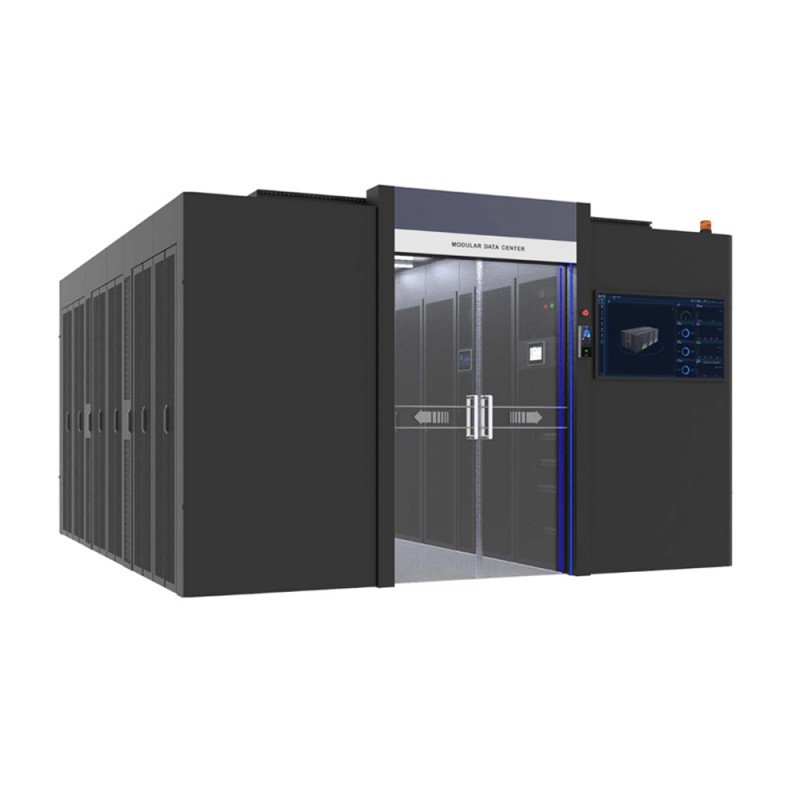
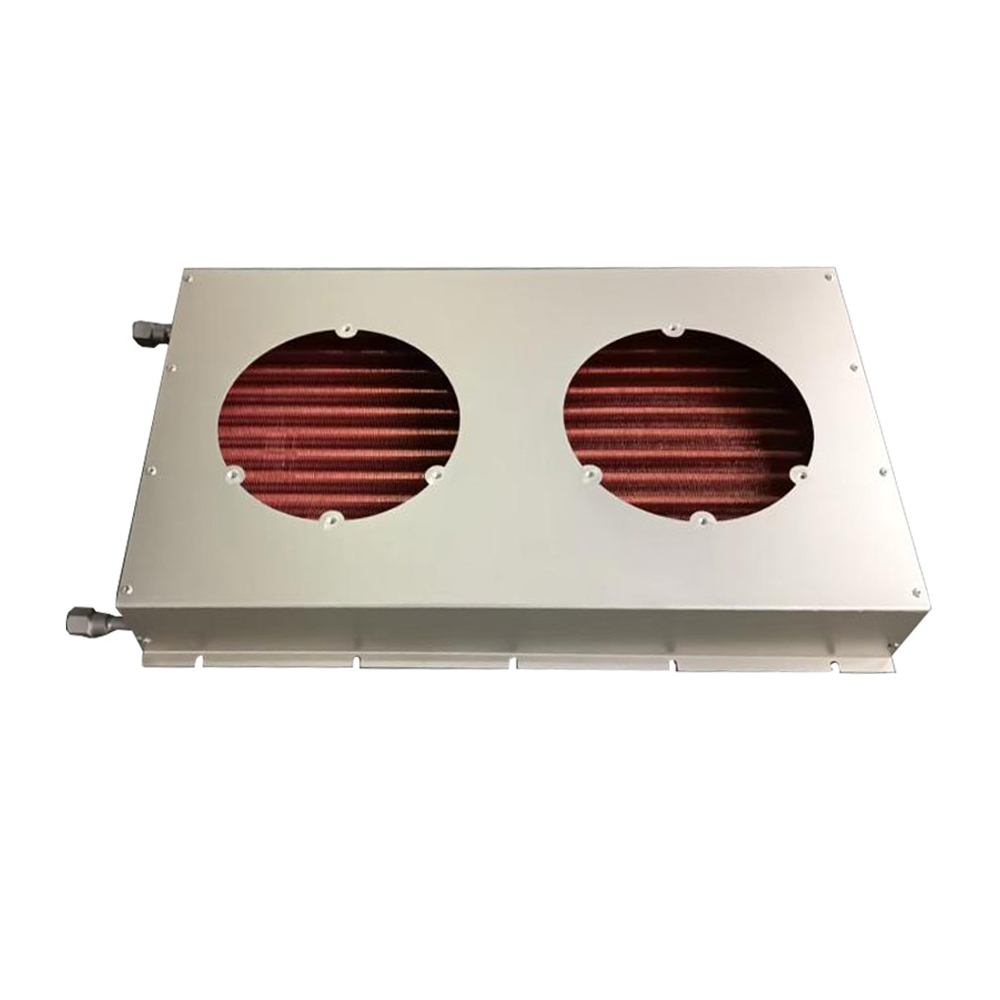
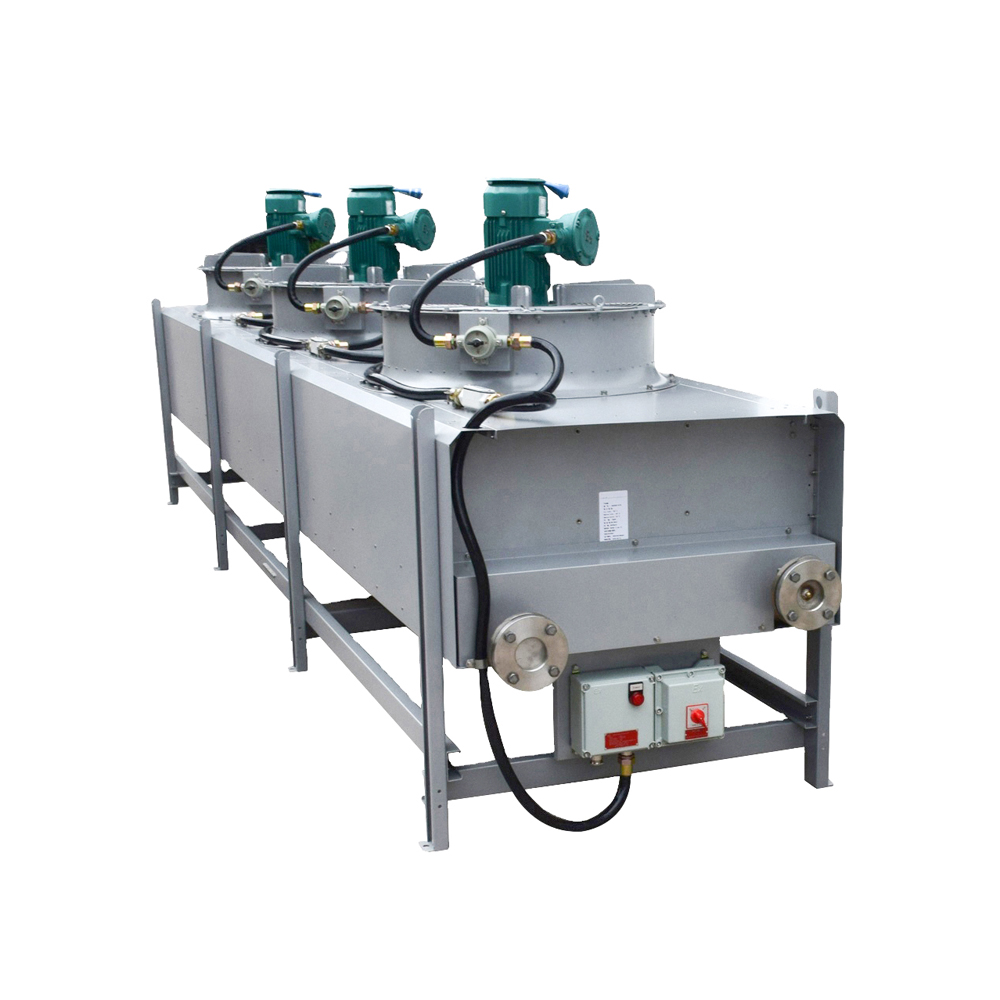
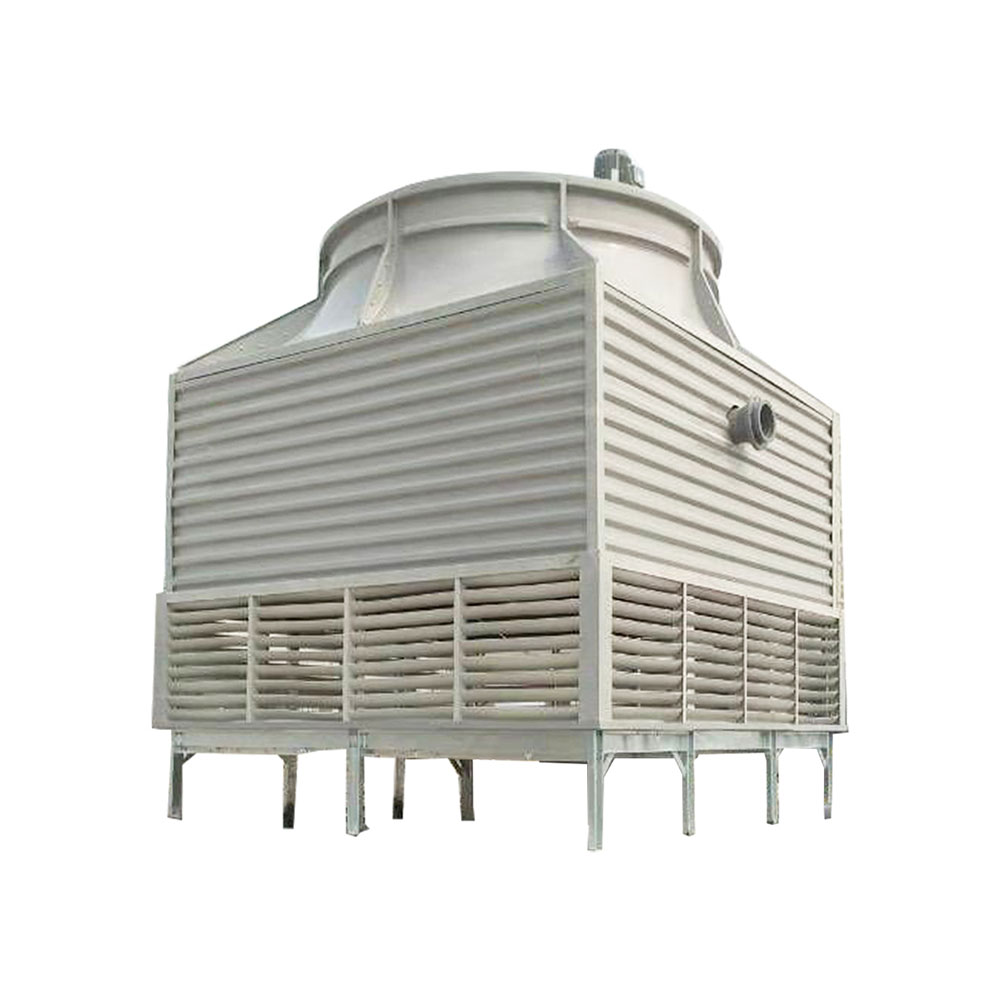
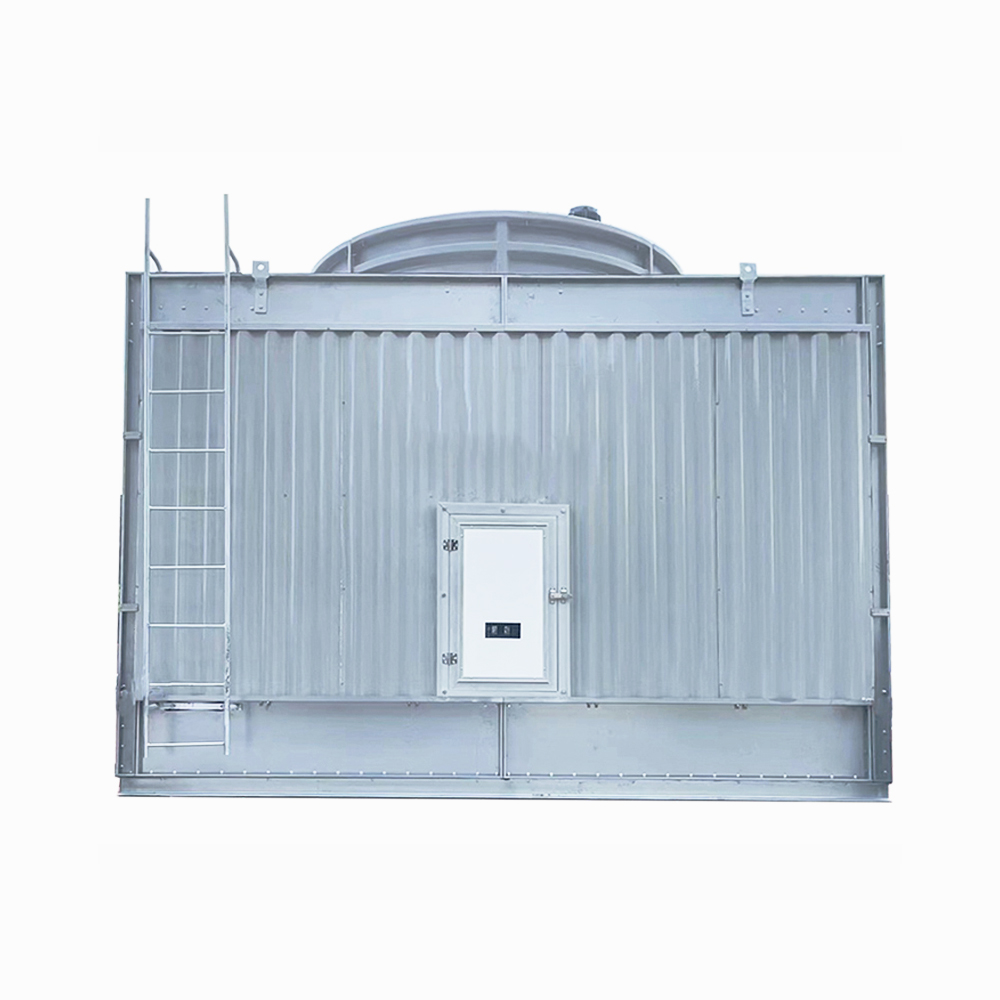
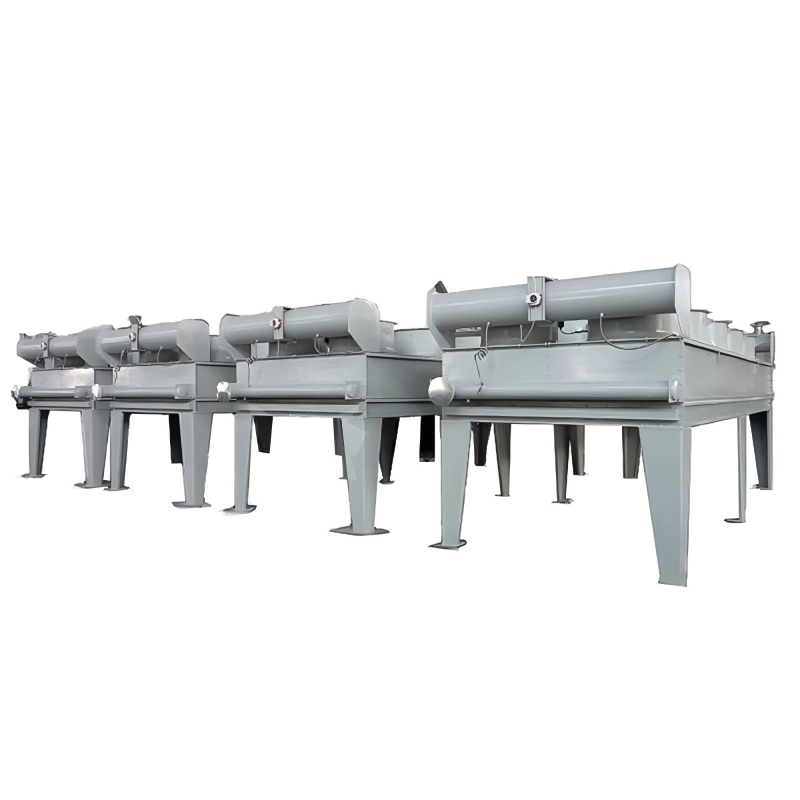
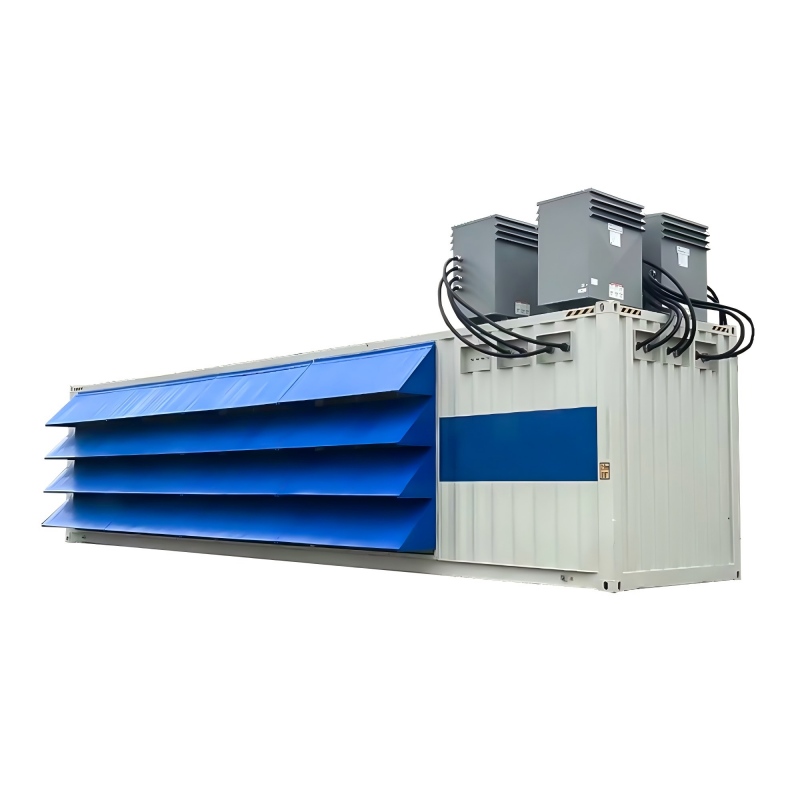
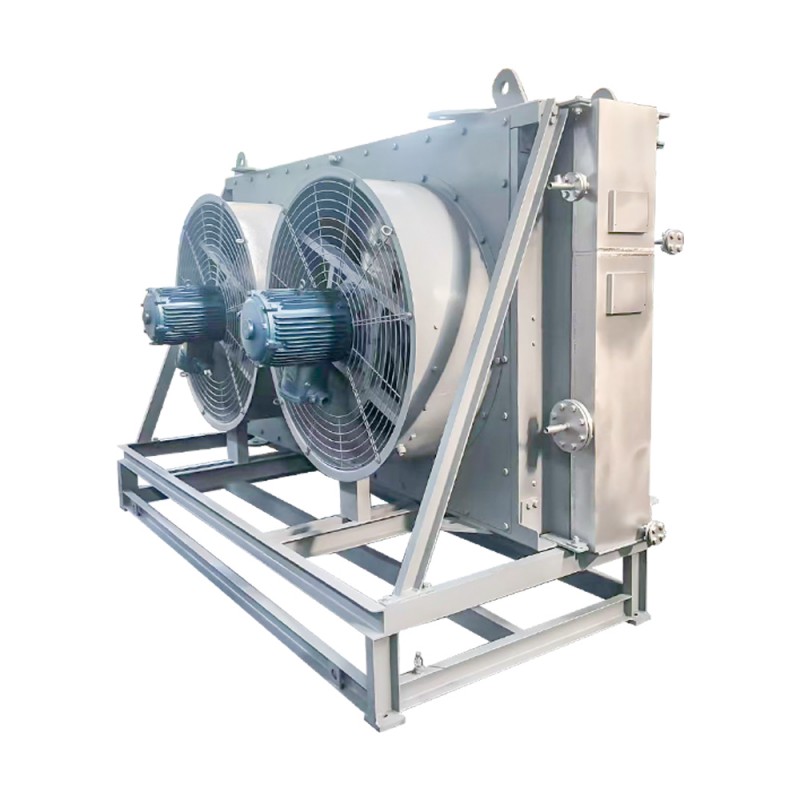

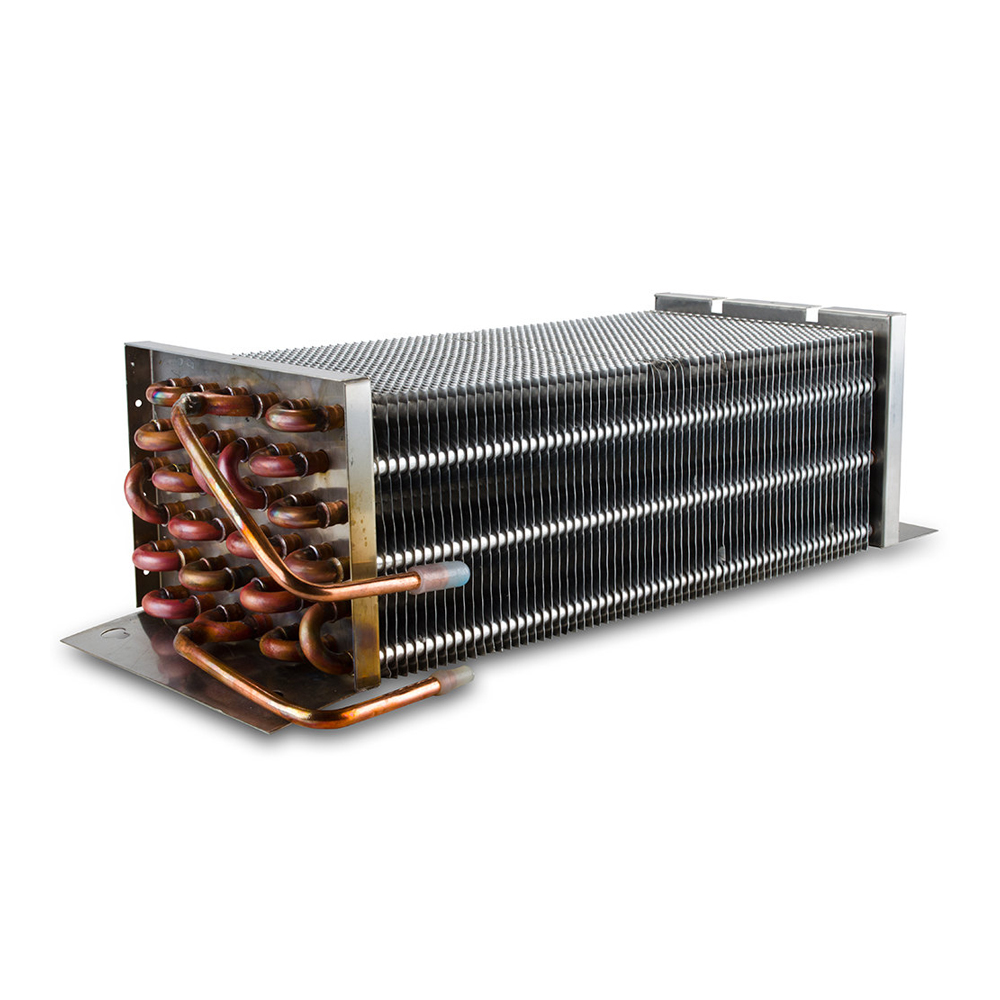
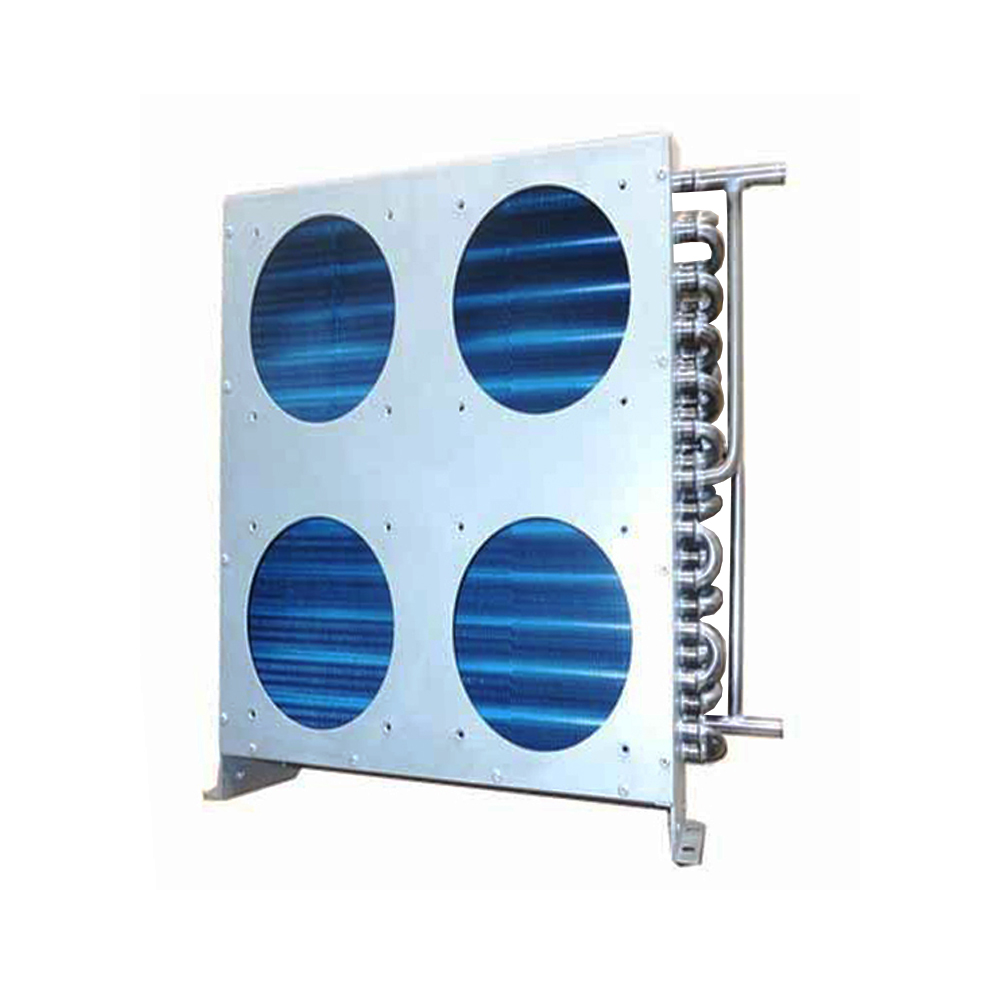
.jpg)
